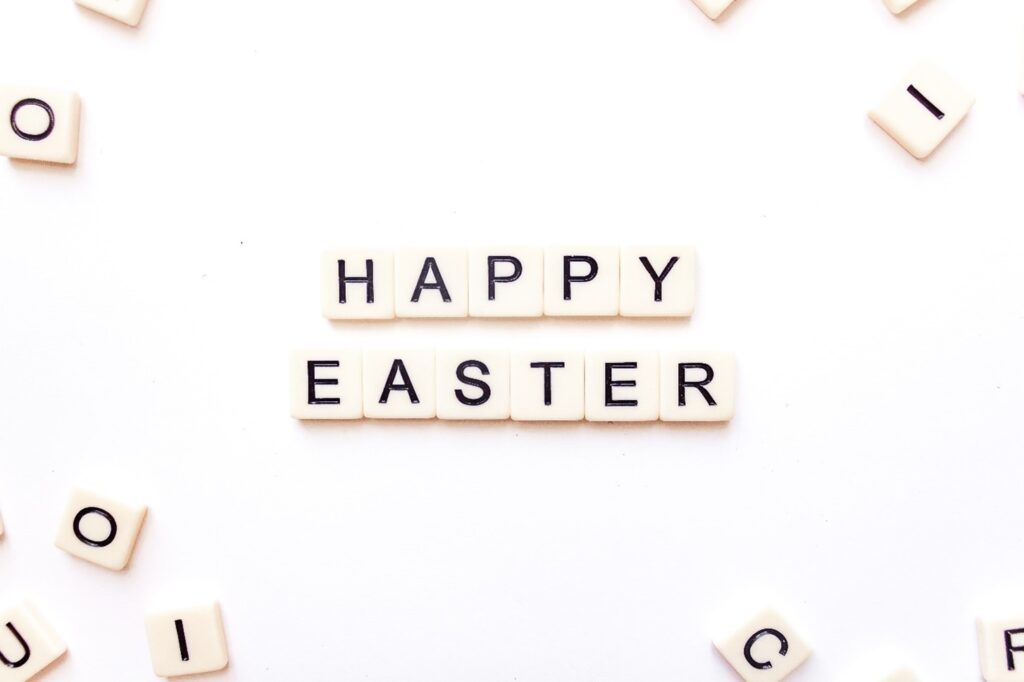
For many of us Easter is a day filled with Easter eggs and lots of chocolate, and maybe even money or gifts. So for adults, Easter is mostly about buying Easter chocolate and seeing the smile on a child’s face when you present them with their Easter eggs. As you get older, in a similar fashion to Christmas, Easter becomes more about giving than receiving
The religious festival of Easter celebrates the resurrection of Jesus following his crucifixion on Good Friday. Originally, Easter focused on honouring the sacrifice that Jesus made for us, and rejoicing at our redemption. Now Easter has become commercialised into yet another occasion driven by consumerism. Sales promotions and all the major supermarkets want to convince us that we need more and more chocolate, as if the many things we should be grateful for in life do not exist at all or are not beneficial to us.
Demonstrating Resilience
Being Resilient is about being able to overcome difficulties. A powerful quality in Resilience involves working with what you have, recognising that you have many resources around you to offer support during difficult times, as well as showing gratitude for what you already have. The most Resilient of people are excellent at understanding the potential that is possible when they work with what they already have, rather than focusing on what they haven’t got.
The ability to feel grateful for what you already have can be invaluable when trying to overcome difficult situations. Consider someone struggling at work; stress is one of the biggest causes of health problems, loss of morale, anxiety, sleeplessness, etc. If you’ve had a job that was stressful then you will know how hard it is to stay positive. One way to work towards decreasing your stress level is by taking the focus off what is going wrong at work and who/what is causing the problems, and instead move the focus onto the positive resources that surround you. These may be supportive colleagues, helpful family members, things that do go right and give you satisfaction in the workplace, etc., or even just the fact that your job gives you the means to have a roof over your head and food on the table. This is not to say that it is easy to live with stress at work, but showing gratitude for all the good things you already have can help you maintain your Resilience and stay more positive.
What does Easter teach us about Resilience?
Whilst many of us will be looking forward to giving (as well as receiving) a chocolate egg this Easter, it is important to understand that giving is more than just presenting your family and friends with material things. According to the Easter story, Jesus made the ultimate sacrifice and gave his own life in order to save humanity. Whether you hold this belief or not, it should still be recognised that any sacrifice is a truly magnificent act. The story of Easter teaches us that compassion for others, even if it comes at a great price, is the greatest gift of all. Resilient people can relate to this, as empathy is a key feature of Resilience. When you have empathy you automatically “give” to others. And as the old saying goes – “Giving is receiving”.
So maybe this Easter, instead of focusing solely on chocolate, we could think about what people really need from us – compassion, empathy, a helping hand, a shoulder to cry on, or someone just to chat with over the phone.
Happy Easter from Resilience Training!
